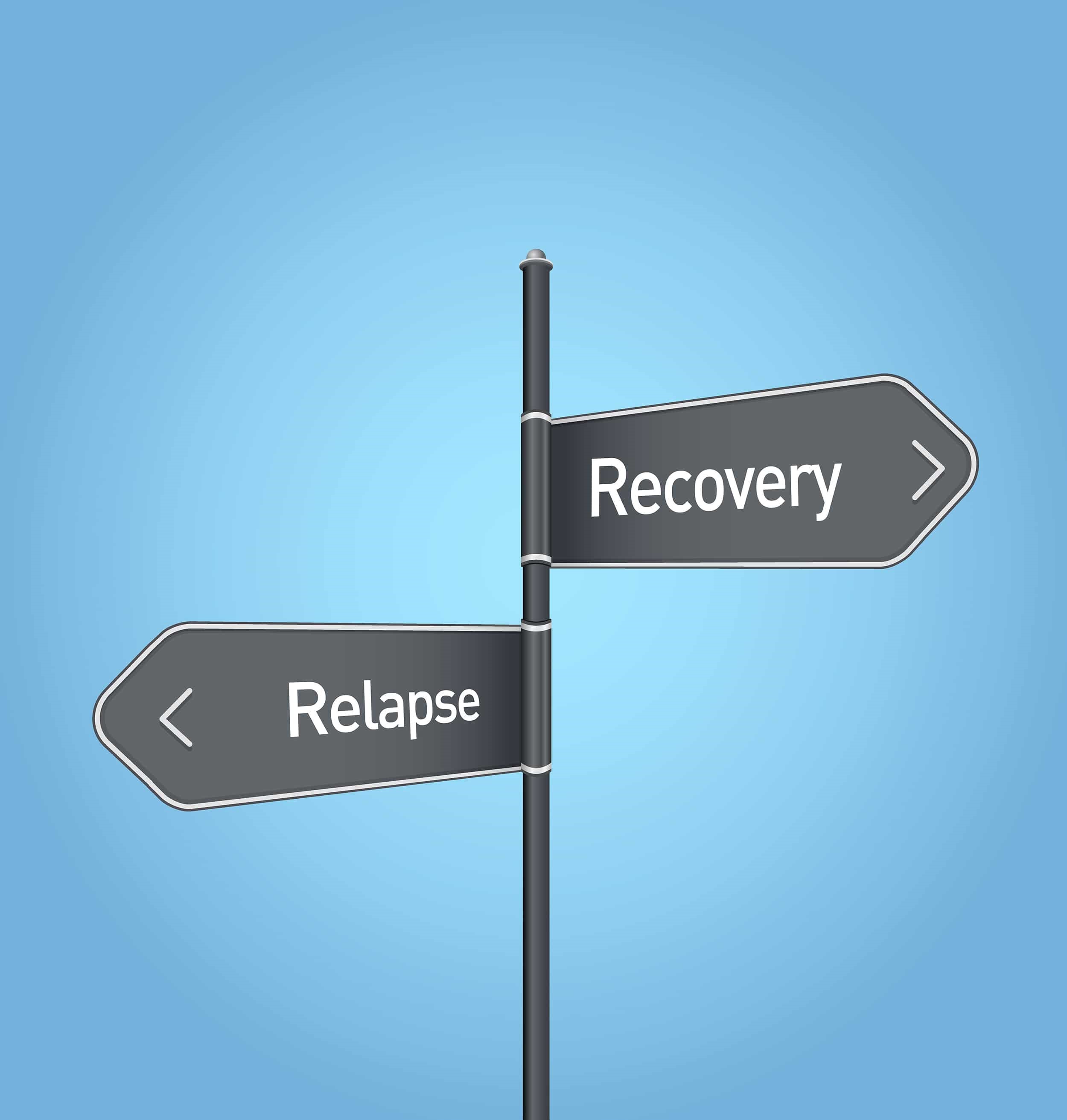Top Addiction Relapse Triggers and their Coping Mechanisms
By Samuel Musungu
Relapse during drug addiction recovery is, unfortunately, a pretty common occurrence. Data from the National Institute on Drug Abuse (NIDA) indicate about half of people with substance use disorders (SUDs) get back to substance use at least once in their journey to sobriety. Knowing the top red flags that prompt relapse is a good starting point in drug use prevention. The following are the main addiction triggers to watch out for during recovery.
Stress
This is perhaps the major cause of relapse, thanks to its wide range of effects on not just the mind but the body as a whole. According to the National Center for Biotechnology Information (NCBI), stress is a risk factor in addiction relapse vulnerability. Most people struggling with substance addiction resort to either their activity of choice or drugs to cope with their stress.
While we cannot completely avoid stressful situations in life, those in drug addiction recovery ought to identify potential causes of stress in their lives and be proactive in effectively managing them.
People or Places Associated with Substance Use
People who contributed to an individual’s addiction are possible triggers to relapse. Similarly, places linked to substance use such as wineries, liquor stores, bars, and casinos can trigger a relapse. While in recovery, it’s critical to try as much as possible to avoid individuals or places that can act as a reminder of substance addiction. It’s also important to consult a therapist or counselor and prepare ways to handle such occurrences ahead of time.
Positive Life Events
Although often overlooked, positive events in life that call for a celebration such as a new job or promotion, graduations, holidays, and birthdays can also be addiction relapse triggers. There’s a possibility of subscribing to the false idea that a drink, smoke, or drug would be okay for that particular moment. This can easily make one lose the capacity to control themselves and not know when to stop.
To avoid this, a person in recovery needs to stay away from celebratory events unless in the company of somebody that will ensure they don’t retreat to substances. Having a plan on how to deal with temptations at such events is also key to preventing substance use.
Overconfidence
Being too confident in recovery is a recipe for relapse. While self-confidence is essential, becoming overconfident can result in complacency, which is a relapse risk. During recovery, a person may start feeling like they don’t need to adhere to their relapse prevention plan anymore. They may also feel they’re strong enough and end up putting themselves in risky situations.
To avoid falling back to substance use, it’s vital to keep in mind that substance addiction is a chronic condition that requires humility and discipline to overcome. Furthermore, staying close to other recovering persons with SUDs helps to maintain sobriety awareness.
Social Isolation
Failure to connect with others or form a recovery group can result in isolation and loneliness. The longer a person is isolated the easier it is for them to resume substance use. Since social anxiety is often a struggle for most people with SUDs, having a strong support system can help in preventing isolation. That can mean being close to supportive loved ones, attending peer support groups, or going for regular counseling.
What Should One Do in Case of Relapse?
Many people receiving treatment for SUDs end up regretting or feeling shameful after a relapse. Instead of staying committed to avoiding the desire to use drugs, one may feel like abandoning the fight and yielding to addiction. But to win this challenge, the first step is to identify the root cause of the relapse then lay a solid foundation for an addiction recovery path that will lower the chances of reverting to substance use. If relapse occurs, the individual needs to get back to treatment as quickly as possible.

